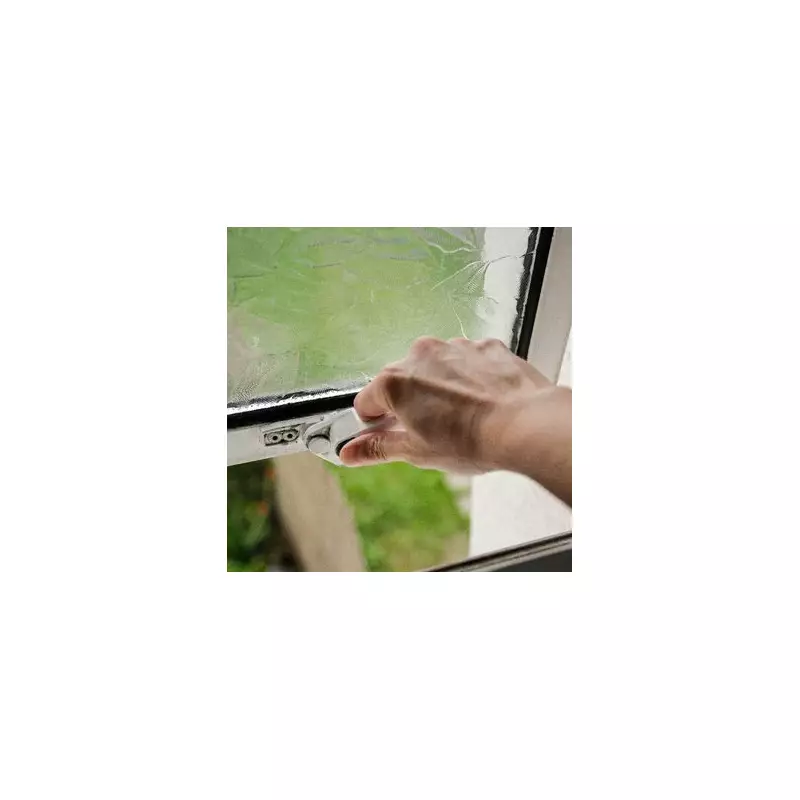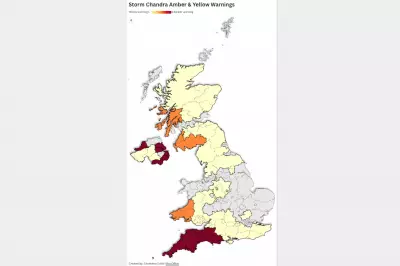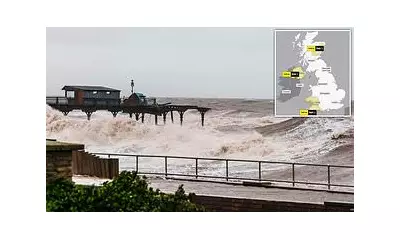
A severe health alert has been issued across the United Kingdom as a massive plume of Saharan dust combined with dangerously high pollution levels creates a toxic cocktail in the air. Millions of households are being urged to take immediate precautions to protect their health.
The Met Office has confirmed that the dust cloud, which has travelled thousands of miles from North Africa, is now mixing with domestic pollution to create potentially hazardous air quality conditions. This unusual weather phenomenon is expected to affect most regions throughout Wednesday and Thursday.
Critical Health Advice for Vulnerable Groups
Medical experts are particularly concerned about the impact on vulnerable individuals. Elderly people, those with pre-existing respiratory conditions such as asthma, and young children are being advised to take extra precautions.
The UK Health Security Agency recommends:
- Keeping windows and doors closed, especially during peak pollution hours
- Reducing strenuous outdoor activities and exercise
- Using air purifiers indoors where available
- Carrying necessary medication, particularly inhalers, at all times
Visible Effects Across the Country
Motorists across southern England have already reported noticing a fine layer of reddish dust on their vehicles, providing visible evidence of the Saharan intrusion. The Met Office explains that these events occur several times a year when specific weather patterns lift dust from the desert and carry it northward.
"While this phenomenon isn't uncommon," stated a Met Office spokesperson, "the combination with high levels of local pollution makes this particular event more concerning than usual."
Long-Term Health Implications
Health professionals warn that exposure to such high levels of particulate matter can have serious consequences. The tiny particles in the air can penetrate deep into lungs and even enter the bloodstream, potentially exacerbating respiratory conditions and increasing cardiovascular risks.
Those experiencing symptoms such as coughing, throat irritation, shortness of breath, or wheezing are advised to seek medical attention if symptoms persist or worsen.
The situation is being closely monitored by environmental agencies, with hopes that changing weather patterns will help disperse the pollution and dust in the coming days.





